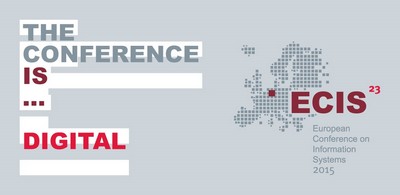Abstract
Healthcare workers continue to operate in challenging environments when assessing and treating patients in low and middle-income countries (LMIC). These difficulties are exacerbated when it comes to the assessment of infant vital signs e.g. pulse, blood pressures. As part of the EU funded Supporting LIFE project, our aim is to develop a Mobile Health (mHealth) Android application with Wearable Vital Sign Technology (WVST) integration for infant vital sign assessment. Subsequently, the objective of this research is to conduct a state of the art review of WVST systems for infant vital sign assessment with specific focus on identifying those technologies pursuing or having recently received Food and Drug Administration (FDA) approval. With the exponential growth in mHealth solutions and the ongoing discourse on the importance of mHealth compliance with regulatory standards, this factor acted as the baseline selection criteria for the investigation. Moreover, the need for an Android compatible open API WVST further bounded the scope of this study. Our market analysis reveals that there remains a dearth of appropriate, compatible WVSTs that could be considered as possible candidates for selection as part of the Supporting LIFE mHealth solution given that most commercial WVST offerings are designed for adult use. In addition, there appears to be a paucity of empirical research on the use of WVST for capturing and monitoring the vital signs of sick children in LMIC.
Recommended Citation
McCarthy, Stephen; O'Connor, Yvonne; Thompson, Matthew; O'Sullivan, Timothy; Ryan, Deirdre; O'Connor, Siobhan; Gallagher, Joe; Heavin, Ciara; and O'Donoghue, John, "Wearable Vital Sign Sensors and Their Potential within Low and Middle Income Countries" (2015). ECIS 2015 Research-in-Progress Papers. Paper 38.
ISBN 978-3-00-050284-2
https://aisel.aisnet.org/ecis2015_rip/38


